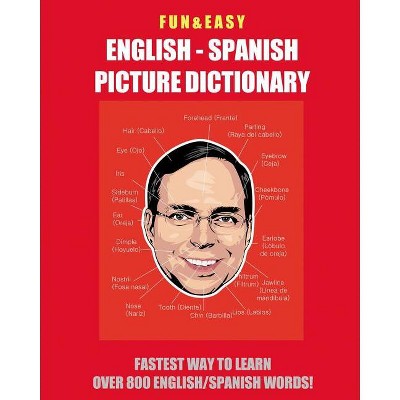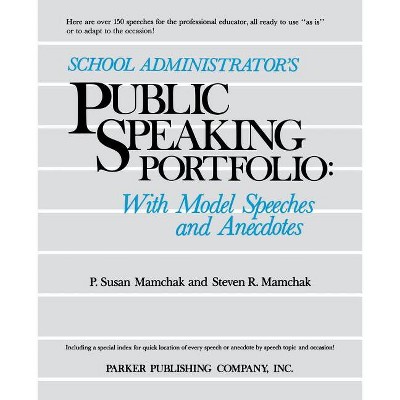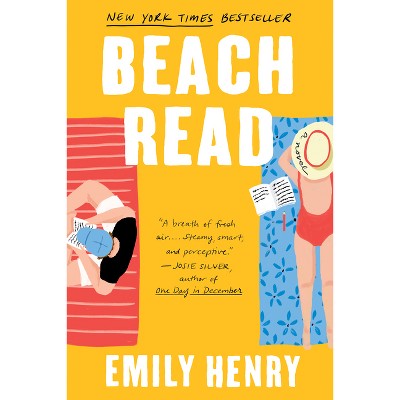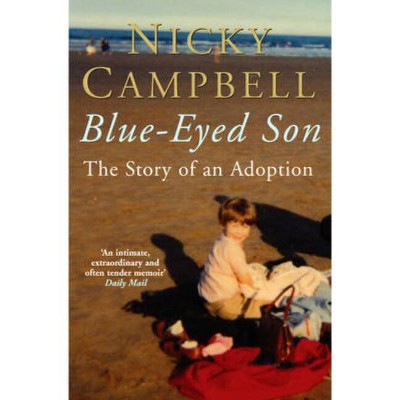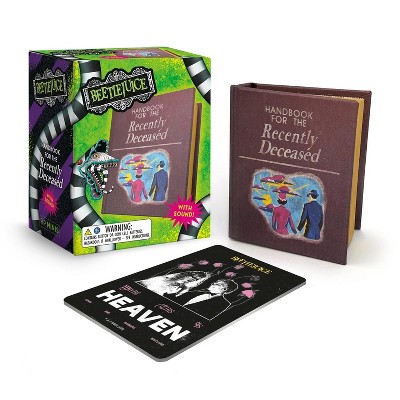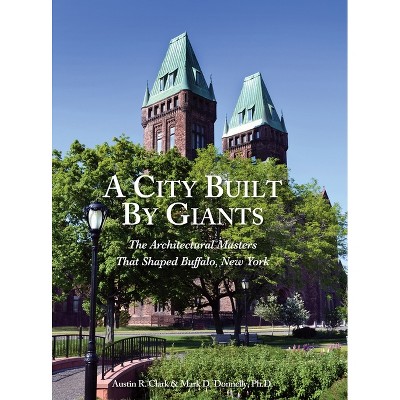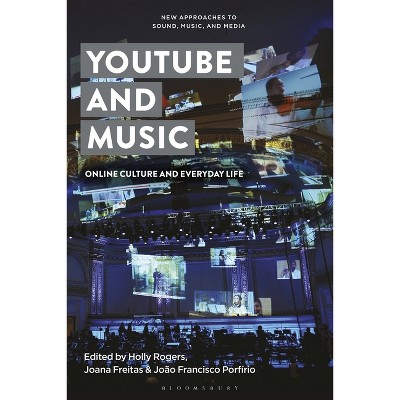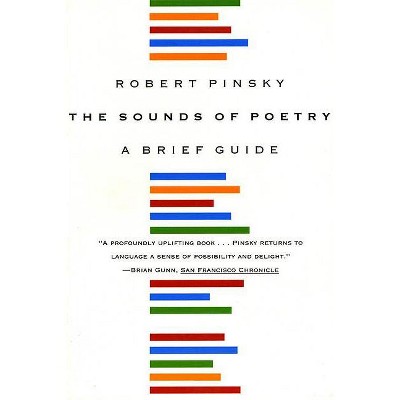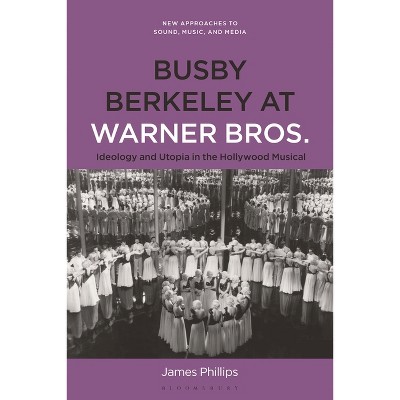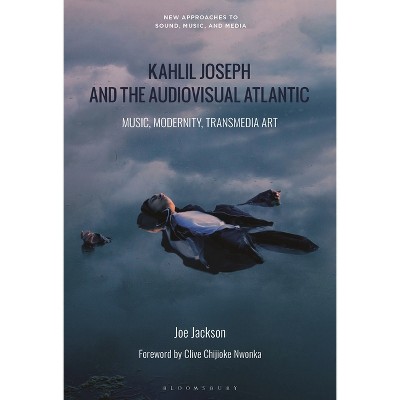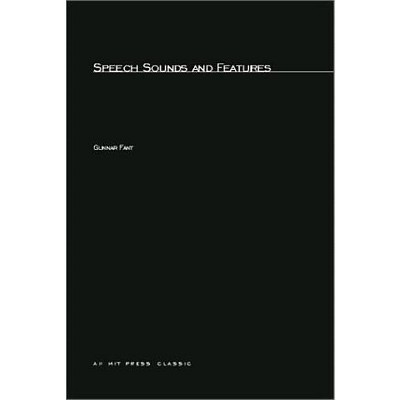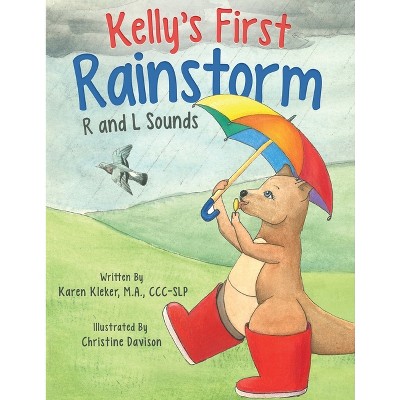Sponsored

Anonymous Sounds - (New Approaches to Sound, Music, and Media) by Nessa Johnston & Jamie Sexton & Elodie A Roy (Hardcover)
$120.99
In Stock
Eligible for registries and wish lists
Sponsored
About this item
Highlights
- This cross-disciplinary collection provides the first comprehensive study of library music practices in the 1960s and 1970s.
- About the Author: Nessa Johnston is Lecturer in Digital Media and Culture at the University of Liverpool, UK and author of The Commitments: Youth, Music and Authenticity in 1990s Ireland (2021).
- 256 Pages
- Language + Art + Disciplines, Library & Information Science
- Series Name: New Approaches to Sound, Music, and Media
Description
About the Book
"This cross-disciplinary collection provides the first comprehensive study of library music practices in the 1960s and 1970s. Library music was inexpensive, off-the-shelf music available to license for a small fee. It was widely used in television and film as a cheaper alternative to commissioned soundtracks. This book addresses questions about creativity, authorship and agency: How and in what conditions were library music tracks written, recorded and disseminated? Why has anonymity traditionally been such an important aspect of library music? How can we interpret the contemporary revival of library music and the phono-archaeological practices of collectors, reissue record labels, musicians and DJs?"--Book Synopsis
This cross-disciplinary collection provides the first comprehensive study of library music practices in the 1960s and 1970s.Library music was inexpensive, off-the-shelf music available to license for a small fee. It was widely used in television and film as a cheaper alternative to commissioned soundtracks. The book pays attention to the different individuals, groups, organisations and institutions involved in making library music, as well as to its transnational sites of production (from continental recording studios to regional cutting rooms). It addresses questions of distributed creativity, collective authorship, and agency.
Combining empirical and theoretical research, the book unveils the modus operandi of a highly secretive yet enduringly significant cultural industry. By drawing attention to the cultural ubiquity and intersectionality of library music, the collection also shifts emphasis from individual film and TV composers to the invisible community of music publishers, writers, and session musicians. It argues that the latter were collectively responsible for fashioning much of the sonic identity of 1960s and 1970s film and television. As well as providing a nuanced understanding of historical library music cultures, the collection shows how they continue to inform contemporary audiovisual cultures.
Review Quotes
Anonymous Sounds: Library Music and Screen Cultures in the 1960s and 1970s contains a treasure trove of information about the use of library music in film and television around the globe and provides essays on library music's use in a variety of genres and styles. It will doubtless be my go-to reference source on the topic.
Reba Wissner, Associate Professor of Musicology, Columbus State University, United States
I have dreamed of a book like Anonymous Sounds for years. This collection approaches the fascinating phenomena of "library music" with a powerful combination of rigorous research and theoretical insight. The international scope of the book is very welcome and each chapter is a gem of sharp analysis and fascinating detail.
Will Straw, Professor of Urban Media Studies, McGill University, Canada
This book is very welcome! As a significant addition to the small amount of critical writing about library music, Sexton, Roy and Johnston have assembled a rich and varied collection, addressing a form of music that everyone will have heard although very few will have registered its origin. For far too long, library music has been considered insignificant for those analyzing modern music and audiovisual culture, but this collection goes a long way toward remedying that, helping us to understand music as recording rather than idealized notes and highlighting the crucial importance of production modes and procedures, in almost invisible industries making low prestige music.
Kevin Donelly, Professor of Film and Film Music, University of Southampton, UK
About the Author
Nessa Johnston is Lecturer in Digital Media and Culture at the University of Liverpool, UK and author of The Commitments: Youth, Music and Authenticity in 1990s Ireland (2021). Her research is in sound and music in screen media, cult cinema, media technologies, and media industries. She is co-investigator on the Leverhulme funded research project 'Anonymous Creativity: Library Music and Screen Cultures in the 1960s and 1970s' and a 2020 Fellow of the Harry Ransom Center, University of Texas (Austin).
Jamie Sexton is Associate Professor in Film and Television Studies at Northumbria University, UK with research interests in music and media, and cult cinema. Recent publications include Freak Scenes: American Indie Cinema and Indie Music Scenes (2022). Elodie A. Roy is a media and material culture theorist with a specialism in the history of recorded sound. Her publications include Media, Materiality and Memory: Grounding the Groove (2015) and (with Eva Moreda Rodríguez) the edited collection Phonographic Encounters: Mapping Transnational Cultures of Sound, 1890-1945 (2021).Dimensions (Overall): 9.0 Inches (H) x 6.0 Inches (W) x .63 Inches (D)
Weight: 1.12 Pounds
Suggested Age: 22 Years and Up
Number of Pages: 256
Genre: Language + Art + Disciplines
Sub-Genre: Library & Information Science
Series Title: New Approaches to Sound, Music, and Media
Publisher: Bloomsbury Academic
Theme: General
Format: Hardcover
Author: Nessa Johnston & Jamie Sexton & Elodie A Roy
Language: English
Street Date: February 6, 2025
TCIN: 1001826913
UPC: 9798765109861
Item Number (DPCI): 247-47-6145
Origin: Made in the USA or Imported
If the item details aren’t accurate or complete, we want to know about it.
Shipping details
Estimated ship dimensions: 0.63 inches length x 6 inches width x 9 inches height
Estimated ship weight: 1.12 pounds
We regret that this item cannot be shipped to PO Boxes.
This item cannot be shipped to the following locations: American Samoa (see also separate entry under AS), Guam (see also separate entry under GU), Northern Mariana Islands, Puerto Rico (see also separate entry under PR), United States Minor Outlying Islands, Virgin Islands, U.S., APO/FPO
Return details
This item can be returned to any Target store or Target.com.
This item must be returned within 90 days of the date it was purchased in store, shipped, delivered by a Shipt shopper, or made ready for pickup.
See the return policy for complete information.
